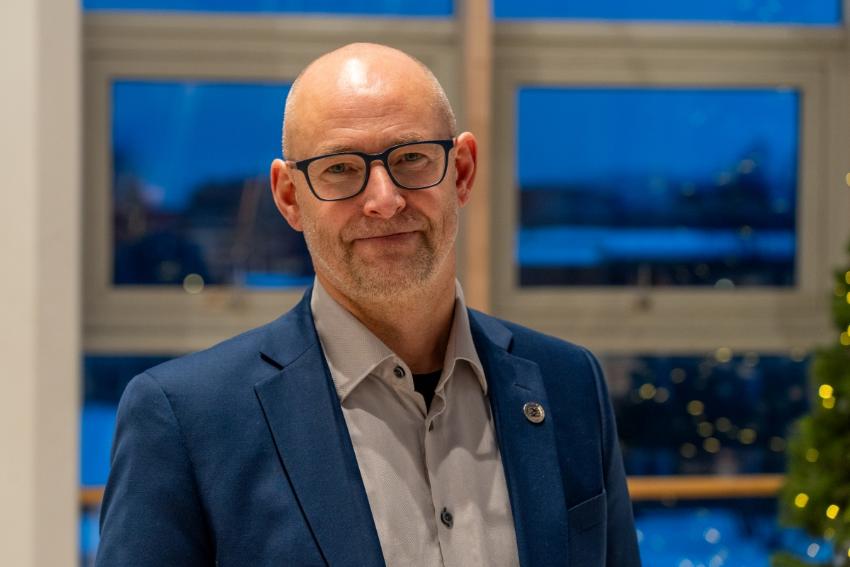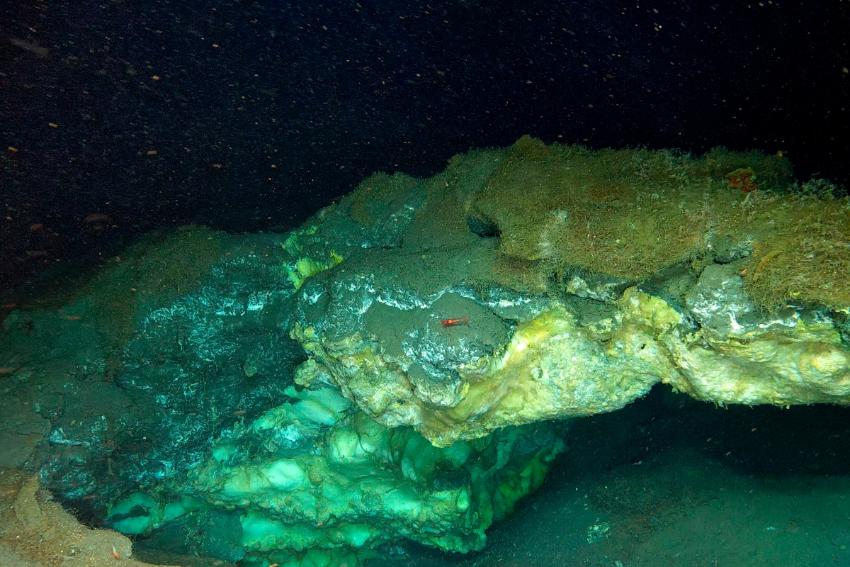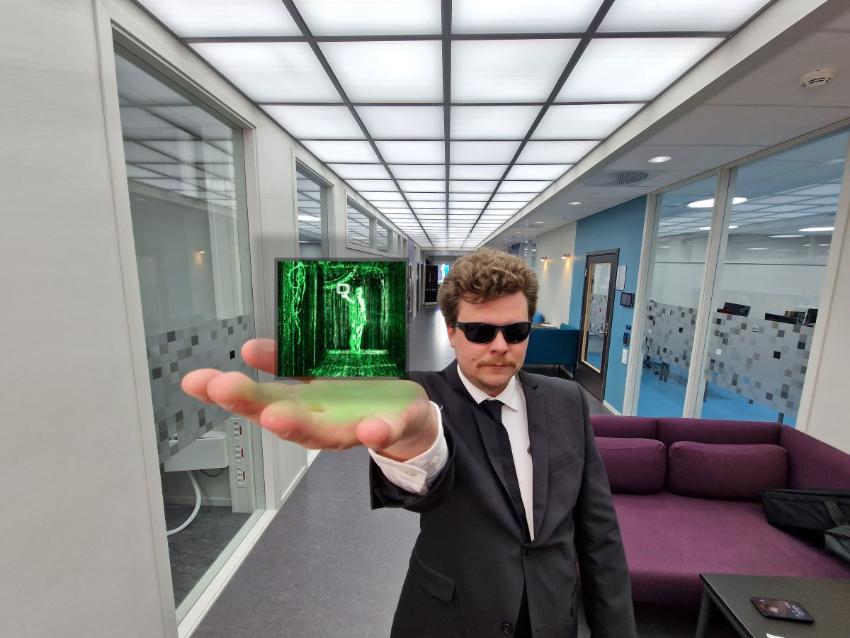ARC is officially inaugurated
The Arctic Centre for Sustainable Energy (ARC) finally had its official inauguration after being established already in 2017. It was a day to celebrate, but more importantly, to present the different projects ARC is working on to combat climate change.
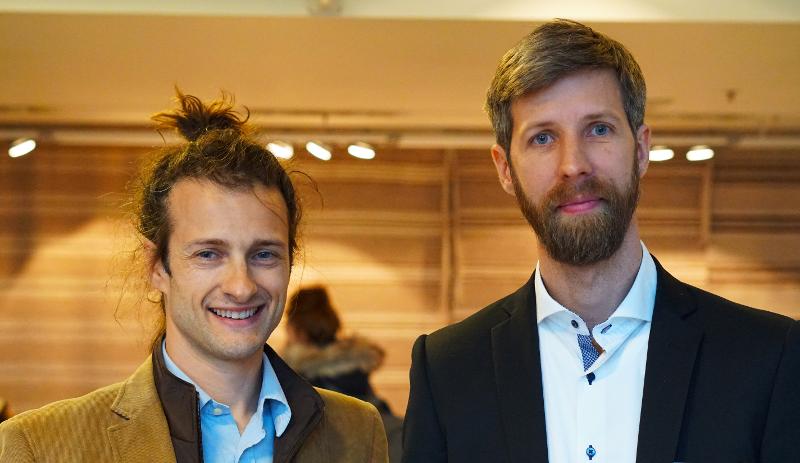
- There are several centres in the world working on renewable energy, but what’s quite unique about us is that we are interdisciplinary. We collaborate with, for example, social scientists, philosophers, economists, and technologists within maths, chemistry, and IT. And we all work together towards the goal of saving the world through renewable energy and greenhouse gas management, Tobias Boström says, who himself is of an interdisciplinary background.
- ARC will not work directly on climate change as such, but we will address solutions to reducing greenhouse gas emissions, which is the main driver for climate change. To do this, the world must become a low-emission society, switch from fossil fuels to sustainable energy, and importantly also make use of carbon capture and utilisation.
Boström explains that the original plan was for the inauguration to be last year. They decided to wait, however, until the new professors were in place.
Projects for sustainability
ARC is working on several projects for a sustainable future. One of the biggest being the cultivation of microalgae that “eats” CO2 at Finnfjord smelteverk.
- Finnfjord smelteverk releases vast amounts of CO2. We can use those gasses to feed into large water tanks where these algae grow. This is a good example of greenhouse gas management – where we find a use for harmful gases, says Boström.
Currently, CO2 is processed to become food for farmed fish.
- The problem is that this alone is not financially beneficial as the production cost is too high, says Hans Bernstein of the Norwegian College of Fisheries Science. He hopes to find enough by-products that this will no longer be the case.
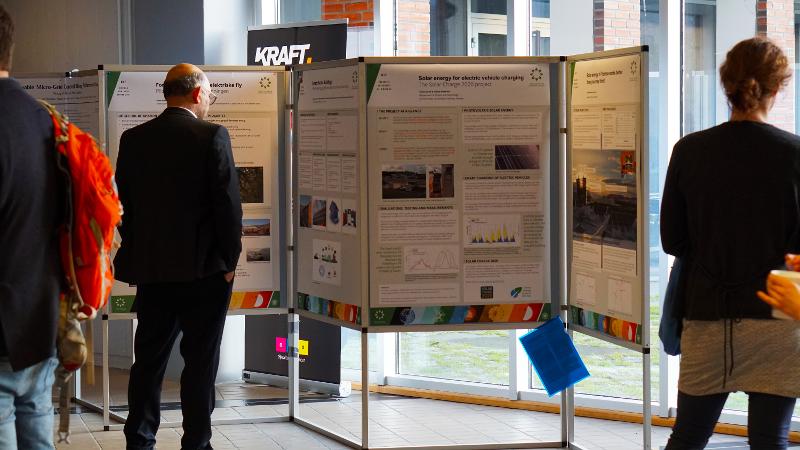
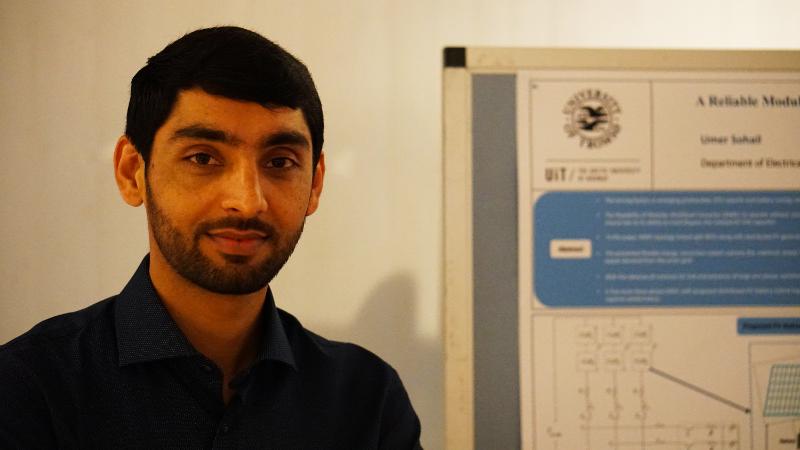
- We want to look at the opportunity to use a hybrid energy system. We're considering solar power and wind power, but also other solutions, explains Tobias Jacobsen, who is doing his masters in Energy, Climate, and Environment at UiT.
The Future of ARC
Boström's position as director was temporary, until they could find the perfect person for the job, which was Matteo Chiesa. Chiesa is a professor in the Department of Physics and Technology. He will be taking on the role of director in January 2019.
- I previously worked with the utilization of renewable energy in a desert type environment. When presented with this opportunity, I felt this was the occasion of utilizing that expertise in the arctic condition, which is extremely peculiar. The knowledge of how to use renewable energy here can be applied to, for example, space and many other things, says Chiesa about why he applied for the position at ARC.
He is glad the university is taking the topic of sustainable energy seriously and hopes to use ARC to make UiT a role model for other institutions, as well as get international recognition.
- My goal for ARC is that it will not just be an academic exercise. I want us to do real things.
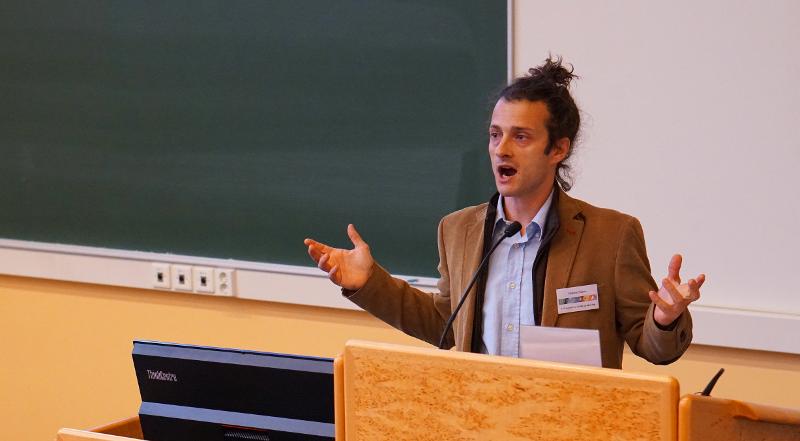
- ARC is a collaboration between faculties, faculties that has to face different and difficult questions. Working together to answer these questions is the challenge, but also the opportunity, of a university, says Husebekk in her speech.
ARC has so far been funded by the university, but will soon be looking for external grants. Boström explains that most of the granted funds from 2016 are going to hiring new professors. However, the funding will run out in four years and they need to find external money to prolong and further expand their research.
- One important ambition of ARC is to become so strong within these topics that UiT and ARC can apply and get granted an FME centre, which is the Norwegian Research Council “Centres for Environment-friendly Energy Research”. The next call for FMEs will come around 2021. By then we should be prepared! Boström says passionately.
